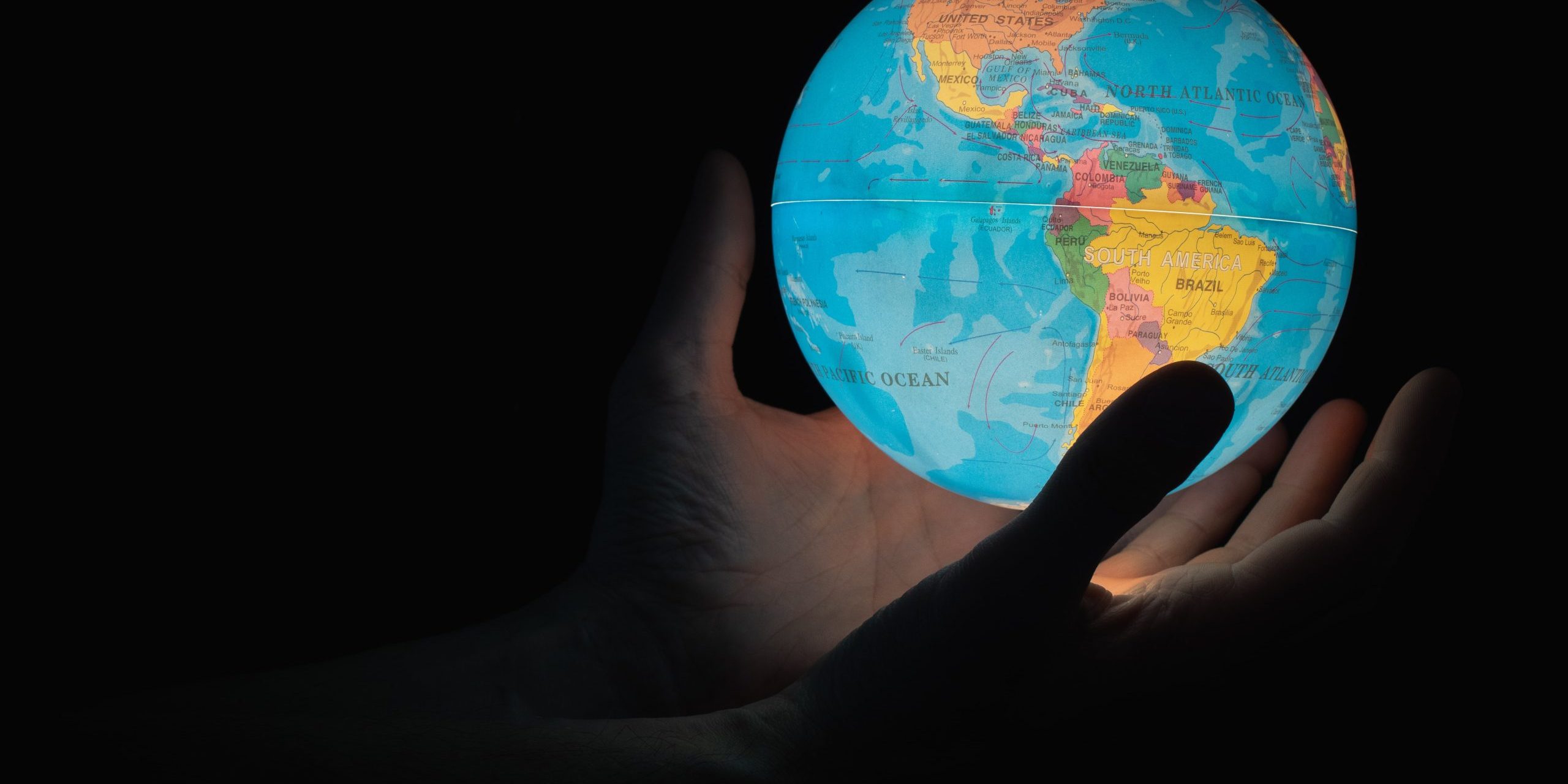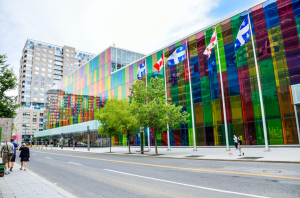COP 15: looking for solutions
COP 15 brings together delegates from around the world to find solutions for preserving oceans, forests, and endangered species, but also to achieve a “peace deal with nature”.
The first findings
COP 15 has shown that biodiversity is continuing to deteriorate. The figures speak for themselves: 2,028 threatened species have been added to the list of endangered areas for 2021. There are now 42,108 species at risk, or 28% of the 150,388 species assessed.
Julien Rochette heads the Ocean program at IDDRI (Institute for Sustainable Development and International Relations). He explains that biodiversity is under threat for several reasons. There is overexploitation of fish stocks. On a global scale, we are talking about one-third of marine exploitation, but if we take the example of the Mediterranean, we arrive at 80% of the exploitation of the sea. The threat to marine species is accelerating because of plastic pollution, estimated at 8 to 10 million tonnes. It comes mainly from agricultural and industrial waste, but also from urban water that is poorly treated due to a lack of resources. Human activities remain the primary cause of this disaster.
The peace pact with nature
The mission of COP 15 is not to simply take stock of the situation, but to find appropriate and accessible solutions as quickly as possible to reduce the number of threatened species. The list of solutions is promising, but the most important thing is to implement and maintain them.
Saving 30% of the land and sea remains the main objective. Discussions are centered around the creation of marine areas to protect species. The preserved areas will have to follow specific regulations, such as banning or limiting fishing. In addition, dialogue must also be established with the industrialists who contribute to the degradation of the oceans. Agreements should be made on the use of pesticides, fertilizers and water treatment. The action plan will also need to find funding for these sustainable solutions, and the means to monitor the areas and the staff to keep them running smoothly.
Sources : Les Échos, TV5 Monde
Credit photo: Unsplash, Andriy Blokhin
 High-quality writing is very important to members of the Global Goodness team. But no one’s perfect, so we always use Antidote.
High-quality writing is very important to members of the Global Goodness team. But no one’s perfect, so we always use Antidote.
Encourage us if you like positive stories!






